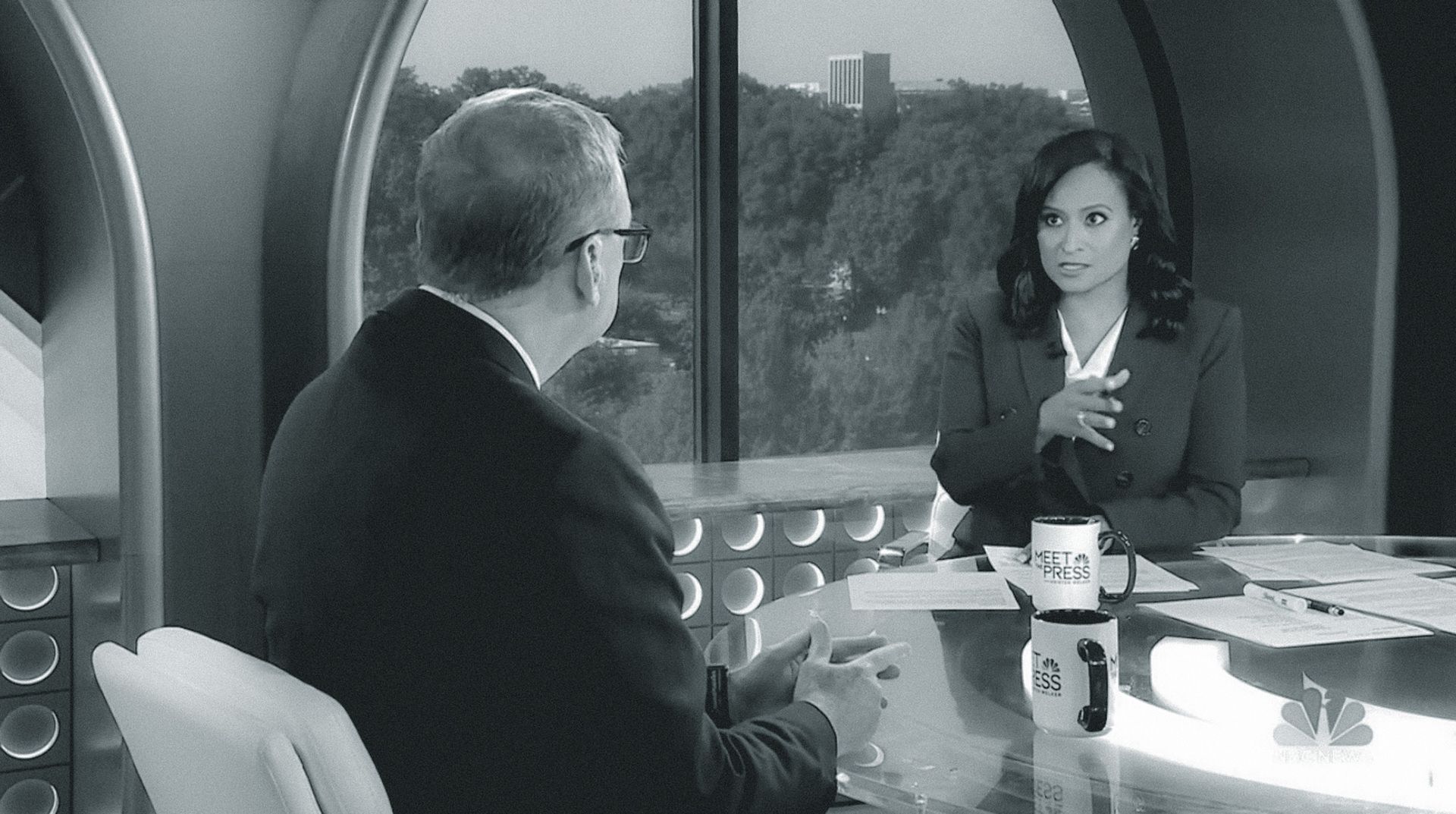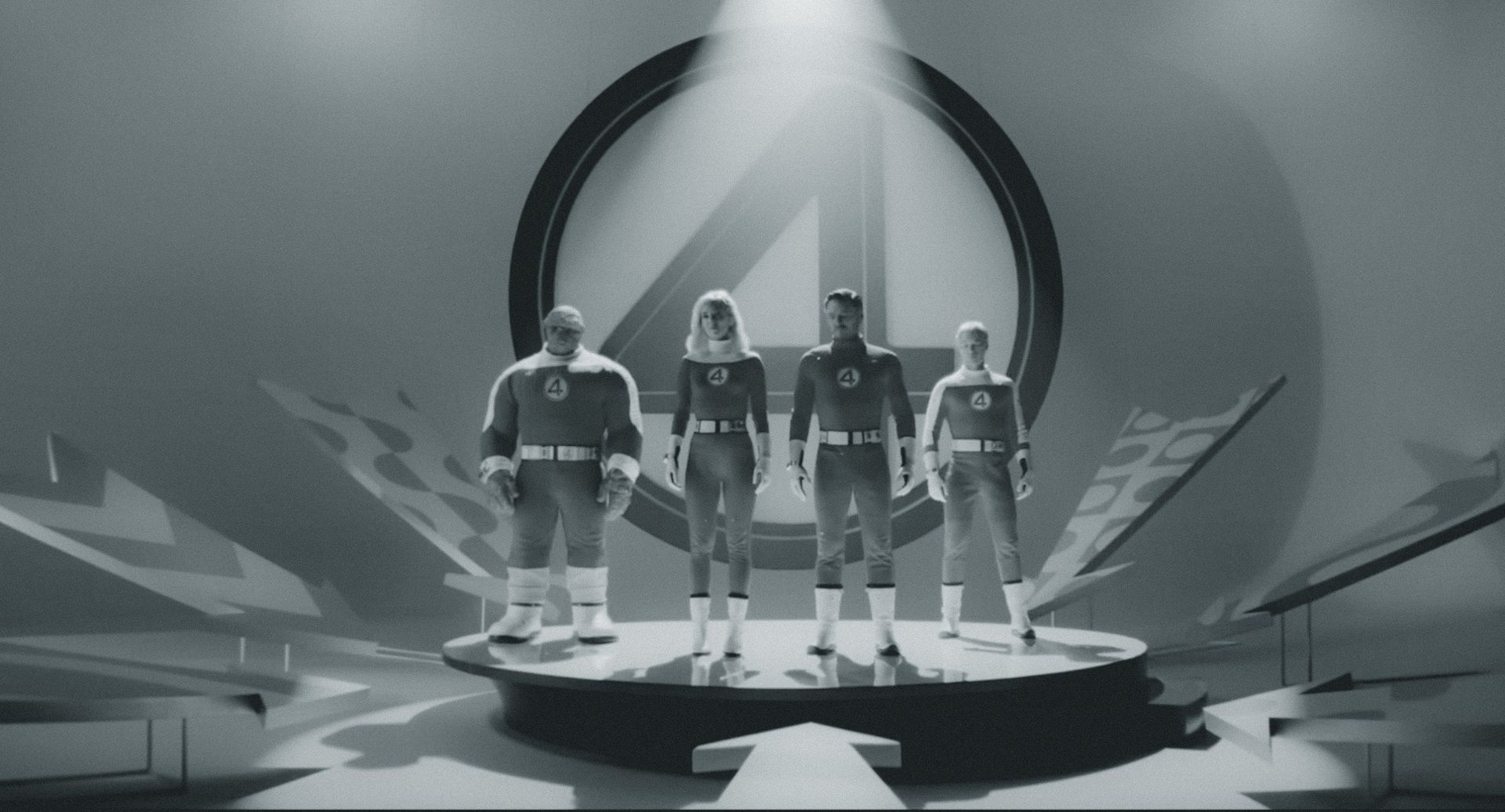
Anne Applebaum. (Photo by Sergei Gapon/AFP via Getty Images)
Anne Applebaum has spent decades chronicling the rise of authoritarianism and the collapse of democratic norms around the world. In her latest piece for The Atlantic, appearing on this week’s cover, she turned her attention to Sudan, where a brutal civil war has displaced millions of people. Applebaum made two difficult trips to the country—crossing the desert with rival militias and government forces—to witness firsthand the lawlessness that fills the vacuum when institutions fail.
In a conversation with Status, she explained why Sudan’s tragedy is a warning for the U.S. as it drifts further from the post-war role it has played in geopolitics, with Donald Trump in his second term. Applebaum also discussed the hollowing-out of independent media and why decisions like Paramount’s payout to Trump matter in the slide toward autocracy.
Below is our Q&A, lightly edited for style.
You have a story publishing this week in The Atlantic on Sudan’s civil war. What drew you to this subject, and what was the reporting process like?
After the election last November, I understood that we had come to the end of an era. A second Trump term meant that geopolitical changes I have been describing for a long time—weaker international institutions, disregard for human rights and the rule of law, the rise of dictatorships—will now become permanent. I write a lot about what this means in Europe, Ukraine, and Russia, but I wanted to understand the wider consequences. What does the post-American world look like from Sudan, where a civil war has displaced more people than in Ukraine and Gaza combined?
I made two trips to the region, to both sides of the main frontline. The first time I crossed the border from Chad, escorted by the Rapid Support Forces, the militia group who occupy Darfur. The second time I flew via Dubai into Port Sudan, on the coast, and then drove to Khartoum—it’s about a twelve-hour drive across the desert—accompanied by officials from the Sudanese armed forces.
Both trips required days of planning, negotiations over visas, complicated flights. I had a lot of help from colleagues and friends, but there were still quite a few surprises. The main lesson I learned on the ground is one I cite in the article: in a lawless world—in a place run by militias, by clans, and by families—you are perfectly safe, as long as your relatives are the ones in charge.
Is there a parallel between what is happening in Sudan and what we're seeing in the U.S.?
I am haunted by something that a former Sudanese prime minister, now in exile, said to me: “The world we got to know—the consensus, the Pax Americana, the post–Second World War consensus—is just no more.” Without American leadership, without the U.N., a vacuum has opened up in Sudan, making way for a wave of anarchy, nihilism, and greed. Sudanese government institutions have collapsed and now the so-called middle powers—Saudia Arabia, the U.A.E., Turkey, Egypt, Russia and Iran—are all competing to supply weapons and export gold. There are revolutionaries in the Trump administration who want to destroy American institutions too, I am not sure that they understand how damaging a vacuum could be in our country too.
You’re one of the most authoritative voices on the rise of autocracy. In your view, what responsibility do news organizations have to actively defend democratic values?
For news organizations, the issue isn’t responsibility, but survival. Autocratic leaders don’t want evidence-based journalism of any kind to exist at all: They want to shape reality, to decide themselves what is true and false. That’s why Trump is seeking to destroy not just media but also government statisticians, universities and any other trusted institutions that can contradict his myths and fictions. If American media can’t convey how dangerous this behavior is—for our prosperity, for our health, for our democracy—then American media will eventually cease to exist.
How significant a loss is the hollowing-out of institutions like Voice of America in projecting democratic ideals abroad?
Over the past few months, the Trump administration has made unexplained cuts not just to VOA but to Radio Free Europe/Radio Liberty, Radio Free Asia, the Middle East Broadcasting Network, and the Open Technology Foundation, a small but critical organization that creates anti-censorship technology used by hundreds of millions of people around the world.
All of them are fighting back, through the courts and via their allies in Congress, but we don’t yet know if they will survive. If they don’t, then the U.S. will become a completely different kind of international actor. Instead of defending democracy and freedom of information, we will help Russia, China, Iran and others broadcast autocratic ideologies and lies to the rest of the world. Already, cuts to VOA have created opening for Chinese international media. They will simply take our place.
Having studied democratic backsliding up close, what was your reaction to seeing Paramount settle Donald Trump’s "60 Minutes” lawsuit and Skydance offer concessions to win approval for their merger?
In any slide towards dictatorship, individual decisions matter because they create precedents. When the leaders of Paramount decided to pay a bribe to the president, they made life much more difficult for anyone who wants to resist the president in the future.
How do you view this moment when the corporate press is facing heavy pressure from the administration—and do you believe your fears about authoritarianism taking root in the U.S. are starting to come true?
Before the election, I co-hosted The Atlantic’s narrative podcast “Autocracy in America,” documenting autocratic behaviors and practices in America: the spread of corruption, the use of violent intimidation, the abuse of courts. Our conclusion: authoritarianism had already taken root in the U.S., before the election. What we are watching now is the result.

In this week’s episode of Power Lines: We unpack the vandalism at The NYT headquarters and the escalating media battles over coverage of Gaza’s humanitarian crisis. We down MSNBC’s move out of the Peacock nest—and what it means for the network’s future identity. We examine the ethics complaint against FCC Chairman Brendan Carr, accused of “egregious conduct” by the Freedom of the Press Foundation. And yes, we talk about that Sydney Sweeney American Eagle ad—why it’s setting off an internet-wide culture war.
You can watch on YouTube—or listen on Apple Podcasts, Spotify, or wherever you get your podcasts.


Kevin Hassett on "Meet the Press." (Screen grab)
National Economic Council Director Kevin Hassett faced a grilling from Kristen Welker on "Meet the Press" after Donald Trump claimed the jobs numbers were "rigged" and fired the head of Bureau of Labor Statistics. [Mediaite]
Trump's "efforts since reclaiming the White House to make the rest of government adopt his versions of the truth have gone further than in his first term and increasingly remind scholars of the way authoritarian leaders in other countries have sought to control information," Peter Baker warned in a column published Sunday. [NYT]
Brendan Carr insisted to Howard Kurtz on Fox News that the FCC's review of the Paramount-Skydance merger followed "very standard practice." Of course, Democratic commissioner Anna Gomez would likely disagree. [The Wrap]
The Senate confirmed Jeanine Pirro to serve as U.S. attorney in D.C. [WaPo]
Trump targeted Charlamagne Tha God in a Truth Social tirade, calling him a "racist sleaze bag" after the talk show host appeared on Lara Trump's Fox News program and suggested the Jeffrey Epstein scandal could lead to the downfall of MAGA. [HuffPost]
Meanwhile, Tucker Carlson ripped white nationalist MAGA Media personality Nick Fuentes as an "angry gay kid" with "little boy insecurity." [HuffPost]
Jessica Roy explored whether beehiiv (the platform we use to publish Status) is "the next billion-dollar newsletter startup." [The Information]
Stephen Colbert landed a role on "Elsbeth" where he may be the victim of a homicide, Josef Adalian reported. [Vulture]
"We ready?" Tom Holland teased "Spider-Man: Brand New Day" in a short video showing off the new spidey suit. [THR]
Sabrina Carpenter teased her new album, "Man's Best Friend," by revealing the tracklist. [Billboard]
RIP: Actress Loni Anderson who starred on “WKRP in Cincinnati” has died at 79. [LAT]


A still from "The Fantastic Four: First Steps." (Courtesy of Marvel)
Not so fantastic! Marvel’s “The Fantastic Four: First Steps” declined 66% in its second weekend to pocket $40 million. The film has now grossed $369 million worldwide.
Universal’s “The Bad Guys 2” premiered to $22 million; Paramount’s “The Naked Gun” earned $17 million in its opening weekend; and Neon’s “Together” printed $6.9 million in receipts.
DC’s “Superman” added $13.9 million to its coffers; “Jurassic World: Rebirth” took home $8.7 million in its fifth weekend, meaning the Universal film has now grossed $766 million worldwide.
Apple’s “F1” raced to $4.1 million in its sixth weekend. The Brad Pitt-starring action flick has made $545 million at the global box office.


